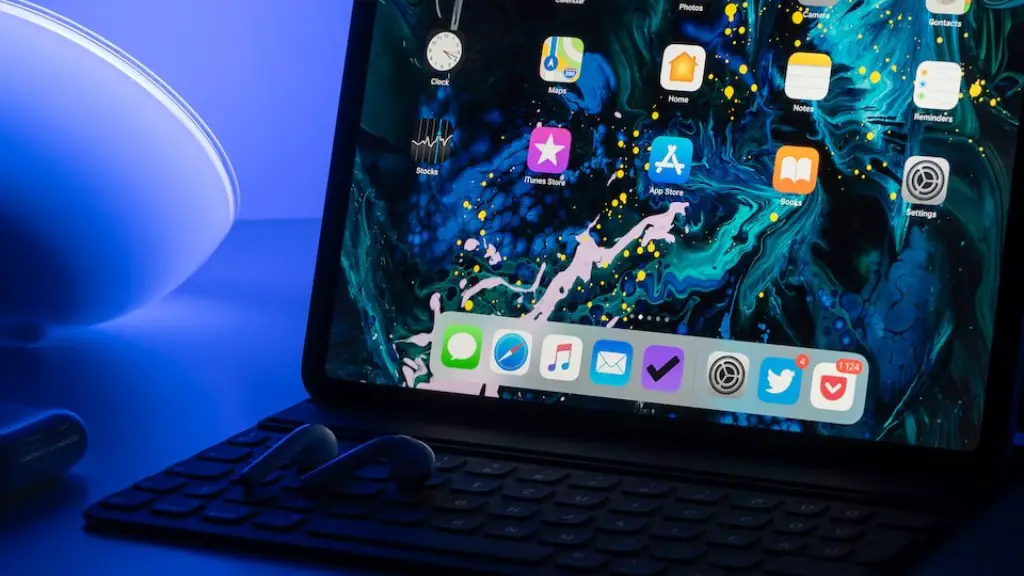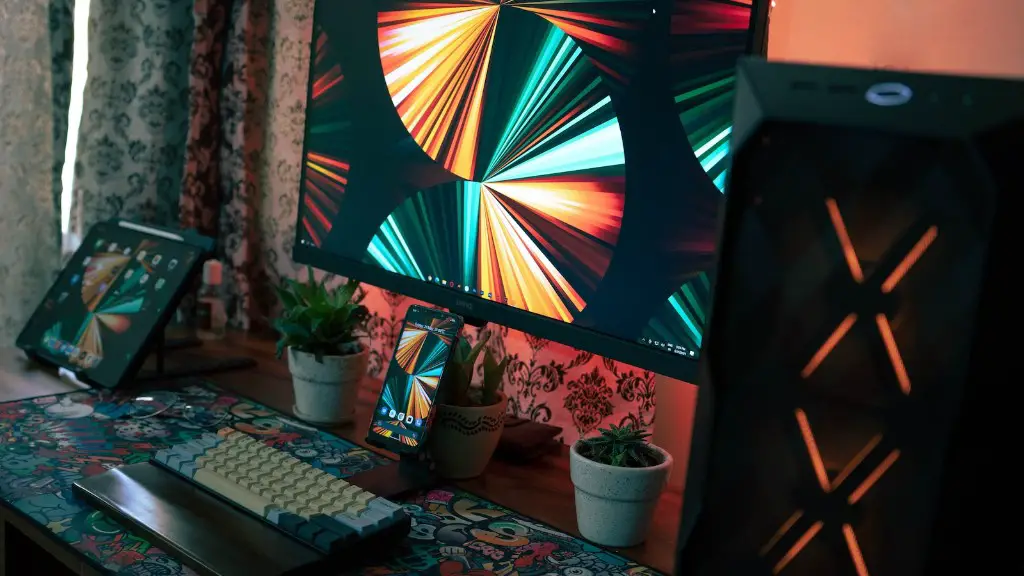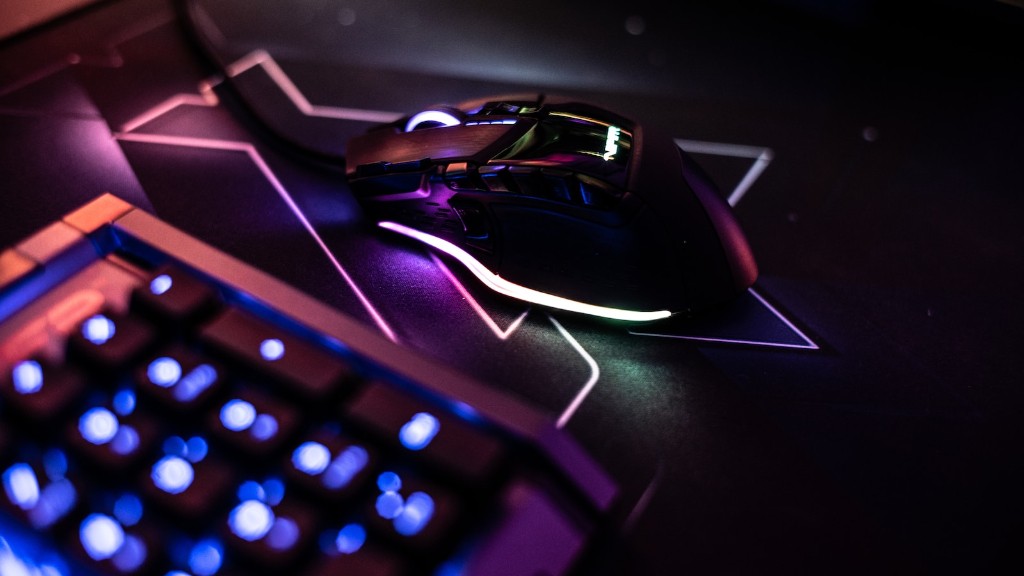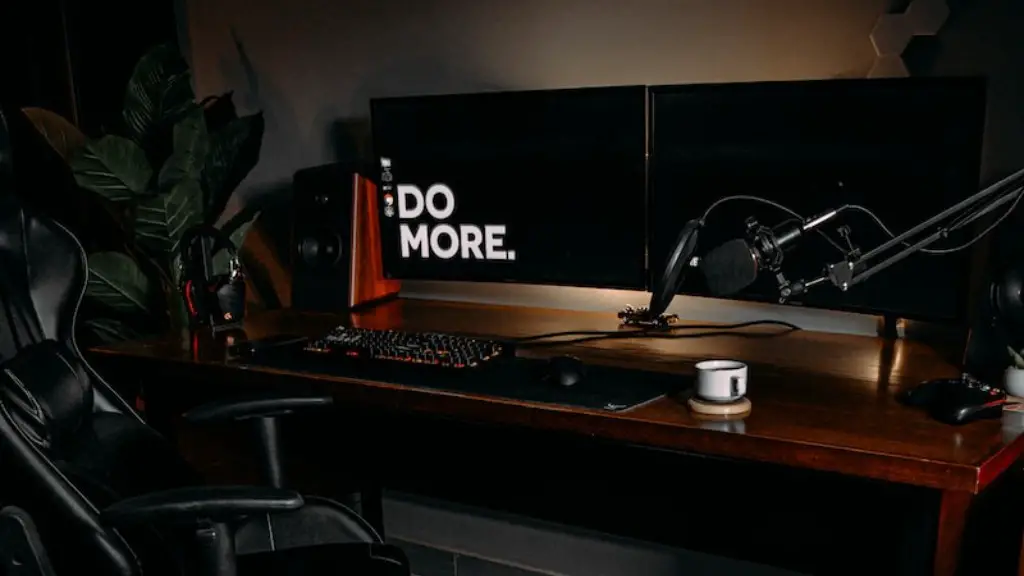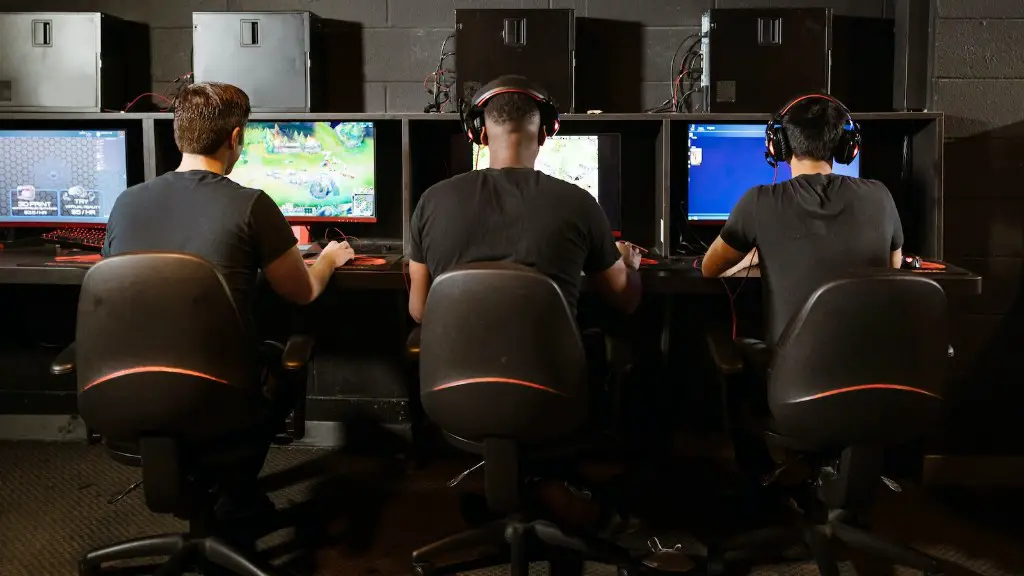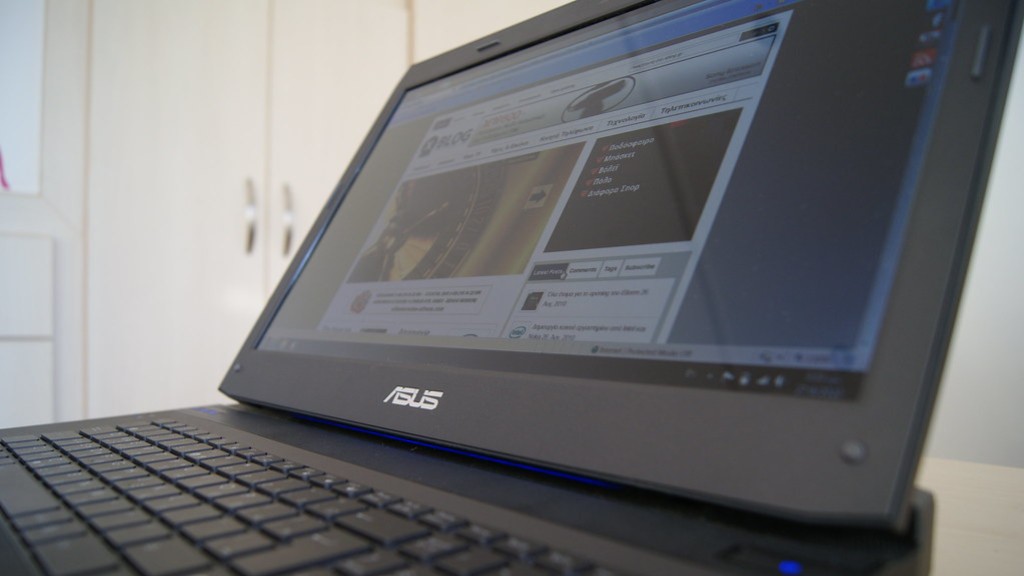When it comes to choosing a gaming laptop, there are a few things you need to consider. First, you need to decide what type of games you want to play. Then, you need to figure out what kind of specs you need in order to play those games. Finally, you need to take into account your budget. Once you have all of that figured out, you can start looking at different gaming laptops and comparing them.
There are a few things to consider when purchasing a gaming laptop. The most important factor is probably the graphics card. A good gaming laptop should have a powerful graphics card that can handle the demanding graphics of today’s games. Another important factor to consider is the processor. A good gaming laptop should have a fast processor that can handle the demanding processes of today’s games. Memory is also important, as you want a laptop that can hold a lot of data for your games. Finally, you want to make sure that the laptop has a good warranty, in case anything goes wrong.
What should I look for in a gaming laptop?
There are a few key factors to keep in mind when choosing the best gaming laptop for you. The display size, resolution, and refresh rate can all impact your gaming experience. The CPU and GPU are important for gaming performance, so make sure to choose a laptop with a powerful processor and a good graphics card. Memory and storage are also important considerations. Make sure to choose a laptop with plenty of RAM and a large hard drive or solid state drive for storing your games. Finally, ports and inputs are important for connecting your laptop to other devices and peripherals. Make sure to choose a laptop with the right ports and inputs for your needs.
If you’re looking to improve your gaming performance, upgrading to 16GB of RAM is a great way to do it. You’ll see a noticeable increase in speed and will be able to run background applications without affecting your gameplay.
How much should I spend for a good gaming laptop
If you’re looking for a laptop with great gaming performance, you should consider spending between $800 and $1,000. Graphics cards such as the GTX 1650 Ti, 1660 Ti, and 3050 Ti will provide you with a great gaming experience. If you’re on a tight budget, you should still go with the GTX 1650, as it will provide good gaming performance at a lower price point.
The graphics card is one of the most important components in a gaming laptop. It allows games to be played with higher graphics settings and with more visual effects enabled. A good graphics card will allow you to enjoy the latest and greatest games with the best possible visual experience.
How long do gaming laptops last?
When choosing a gaming laptop, it’s important to consider not only its overall performance, but also how long it is likely to last. A good gaming laptop should be able to provide strong performance for at least five years. However, the lifespan of a gaming laptop can vary depending on the quality of its components. In particular, the graphics processing unit (GPU) has the biggest impact on a gaming laptop’s longevity.
Most gaming laptop hardware isn’t upgradable, so it’s important to spend your money wisely. It’s generally best to invest in a high-quality GPU, as this will have the biggest impact on your gaming experience. Other important factors to consider include the processor, memory, and storage.
8GB is considered the minimum requirement for effective gaming on PCs. Anything below 8GB of RAM will result in slower performance speed, lackluster graphics settings, and more. Doling out the extra cash for at least 8GB of RAM is well worth it.
Should I upgrade RAM or SSD for gaming?
Adding an SSD to your PC can help to load games faster, due to the faster read speeds. This can be especially beneficial for maps and cut scenes. However, an SSD will not improve performance if your PC is limited by RAM.
When it comes to storing your smaller games, the SSD is the way to go. 500GB is the minimum, but we recommend 1TB for the best experience. This way, you’ll be able to load your games faster and enjoy a smoother gaming experience overall.
Should I get 16GB or 32GB for gaming
To have a fast and smooth gaming experience, 32GB of RAM is usually recommended. With this much RAM, you’ll be able to experiment with different games and have more minor problems with latency and stuttering. At the very least, 16GB is a solid place to start for most games.
gaming laptops are good for everyday use if you only game on your laptop. If you need a combination of good CPU+GPU performance on the go, it could also be a good option.
Is The intel core i7 processor good for gaming?
If you’re looking to game and stream at the same time, you’ll need a machine with an Intel Core i7 processor or better. 8GB of RAM should be sufficient for most games, but if you’re looking for an even smoother experience, an Intel Core i9 processor is your best bet.
A laptop with the following specs would be ideal for gaming: an Intel i7 or i9 processor, Windows 10 or 11, 16-32 GB of RAM, and a dedicated video processor (Nvidia Quadro, Nvidia Geforce 1660, 2060, 3060 or greater). The hard drive should be at least 500 GB (SSD hard drive), and the wireless networking adapter should be able to connect to the internet.
What specs are most important for gaming
A graphics processing unit (GPU) is a computer chip that performs rapid mathematical calculations, primarily for the purpose of rendering images.
A GPU can be The term “graphics processing unit” is most commonly used to refer to a dedicated microprocessor designed to rapidly execute commands for outputting images, often for purposes of computer graphics. This includes drawing polygons, refusing texture mapped polygons, shading, color blending, and so forth. It is a core part of modern video game consoles and personal computers.
GPUs are used in embedded systems, mobile phones, personal computers, workstations, and game consoles. Modern GPUs often contain thousands of cores that can jointly process instructions from multiple threads.
An SSD can greatly impact your gaming experience if you’re still not using one. Even if you still need an HDD to store your games, installing the operating system on an SSD gives a huge performance boost. SSDs have faster read and write speeds, meaning all system software applications are executed faster.
Can you overuse a gaming laptop?
While gaming can put a strain on your computer, it typically won’t cause any long-term damage. However, if your computer is already having issues, gaming could make those problems worse. So if you’re worried about damaging your computer, make sure to get it checked out by a professional before you start gaming on it.
The available surface area in a desktop when compared to a laptop means more space for things like robust cooling solutions. You can install fans, All-in-One (AIO) CPU coolers, or complex custom cooling loops that provide you with precisely engineered thermal solutions for your specific hardware demands.
How many hours gaming laptop can be used in a day
It all depends on what you’re going to use the laptop for. Gaming laptops are usually considered to have “excellent” battery lives when you can get 3 or 4 hours out of them while playing games. For laptops intended for home, school, or office work, it’s reasonable to expect them to last between 8 and 10 hours on a single battery charge.
While most users will only need around 8GB of RAM, those who regularly use demanding applications or play graphics-intensive games may need 16GB or more. Having insufficient RAM can lead to slowdown and lag when using multiple apps simultaneously. VRAM is located on your graphics card and is used to store temporary graphical data from apps and games.
Final Words
There are a few things to keep in mind when choosing a gaming laptop:
-The type of games you want to play
-How important portability is to you
-Your budget
The type of games you want to play is the most important factor in choosing a gaming laptop. If you want to play the latest AAA games, you’ll need a laptop with a powerful graphics card and a lot of RAM. If you’re more interested in independent games or older games, you can get away with a less powerful machine.
How important portability is to you is another factor to consider. Gaming laptops can be quite large and heavy, so if you plan on taking your laptop with you often, you’ll want to make sure it’s not too bulky.
Finally, your budget is an important consideration. Gaming laptops can be expensive, so you’ll need to decide how much you’re willing to spend. If you’re looking for the best possible gaming experience, you’ll need to be willing to spend more. But if you’re on a tight budget, you can still find a decent laptop for gaming.
A good gaming laptop should have a few key features to help you enjoy your games. First, look for a laptop with a powerful graphics card. This will ensure that your games look and play great. Second, look for a laptop with a fast processor. This will help your games run smoothly and avoid any lag. Third, make sure the laptop has enough memory to store your games. You don’t want to have to delete games to make room for new ones. Finally, look for a laptop with a large screen. This will give you the best gaming experience possible.
